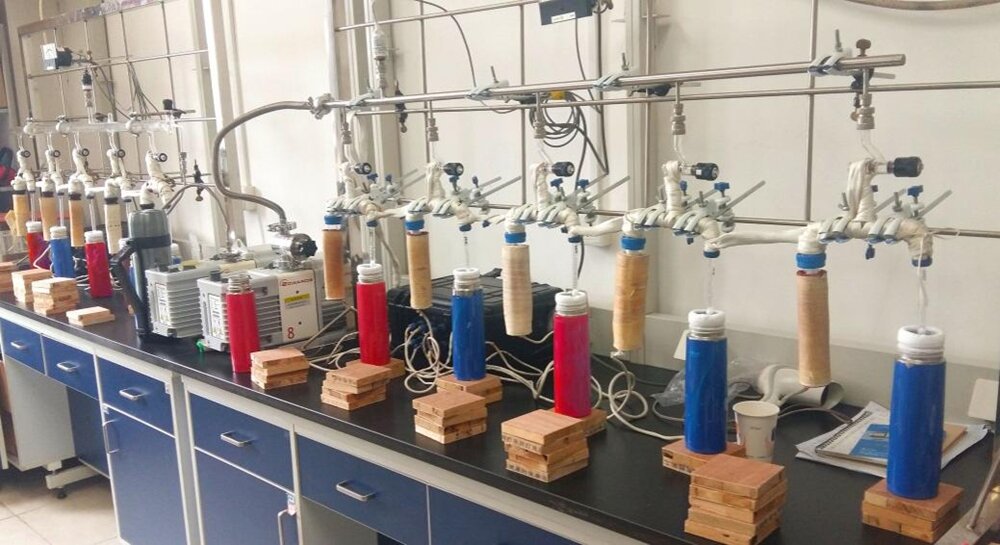Researchers Investigate Reliability of Cryogenic Vacuum Distillation for Soil Water Extraction
 The stable isotopes hydrogen and oxygen (δ2H and δ18O, respectively) in soil water are widely used in ecological studies, which rely on the accurate extraction of unfractionated water from different soil types. Cryogenic vacuum distillation (CVD) is the laboratory-based technique most widely used in eco-hydrological studies. However, the reliability of this technique in reflecting soil water δ2H and δ18O is still of concern.
The stable isotopes hydrogen and oxygen (δ2H and δ18O, respectively) in soil water are widely used in ecological studies, which rely on the accurate extraction of unfractionated water from different soil types. Cryogenic vacuum distillation (CVD) is the laboratory-based technique most widely used in eco-hydrological studies. However, the reliability of this technique in reflecting soil water δ2H and δ18O is still of concern.
In a study published in Methods in Ecology and Evolution, researchers from the Xishuangbanna Tropical Botanical Garden (XTBG) of the Chinese Academy of Sciences and their collaborators assessed the reliability of CVD techniques for soil water extraction and evaluated the potential influences of cryogenic extraction on plant water source partitioning. They investigated an automatic cryogenic vacuum distillation (ACVD) and two traditional extraction (TCVD) systems.
The researchers’ oven-dried 225 soil samples containing different proportions of clay particles, doped them with deionized water and cryogenically extracted them using ACVD and TCVD systems. They then performed a sensitivity analysis of plant water uptake under four types of input data at seven sites.
Compared with the TCVD, the newly developed ACVD technique could have similar or better performance. However, the two CVD techniques did not achieve unfractionated soil water δ2H and δ18O in the laboratory. Meanwhile, the isotopic offsets of the CVD techniques were correlated with soil clay content and soil water content of the extracted soil materials.
"The wide use of CVD techniques probably introduced noticeable uncertainties in the prediction of plant water uptake depths," said Dr. Song Liang of XTBG.
Sensitivity analysis showed that the use of soil data corrected by CVD offsets improved the prediction performance of plant water uptake. The isotopic offsets of the CVD systems were positively correlated with soil clay content, and negatively correlated with soil water content.
"Our results will have important implications for further studies, which can provide a new solution to promote the prediction of plant water sources," said Song Liang.
Image: The cryogenic vacuum distillation system. Credit: YANG Bin
Source: Phys.org



